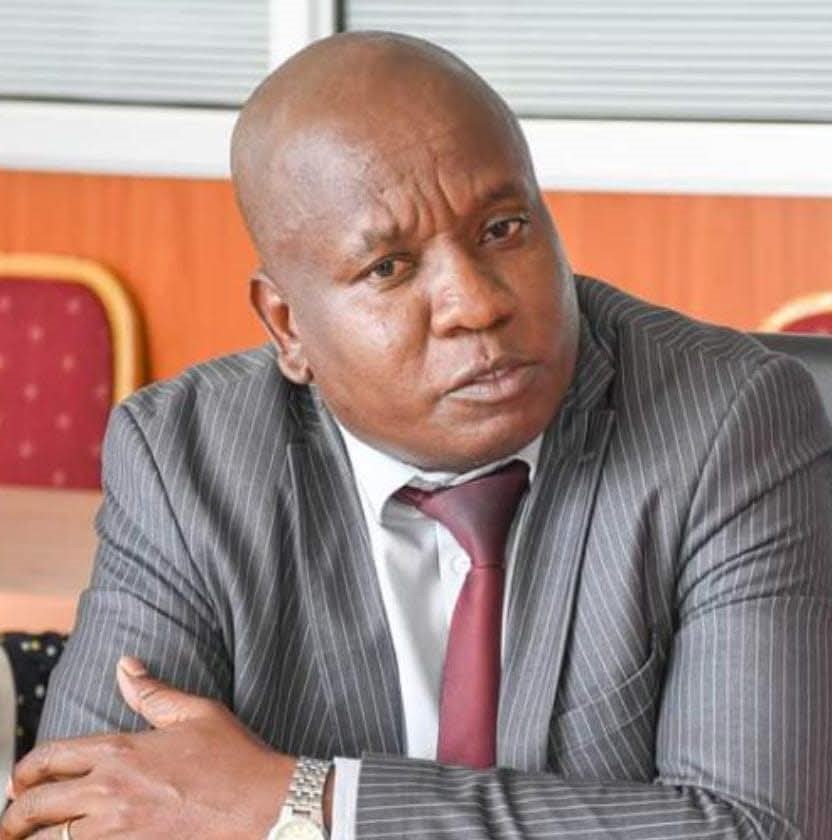Education stakeholders have suggested the return of the education sector management into one entity a Director of Education as it was soon after independence.
The various departments created by successive governments, the stakeholders averred, had disrupted accountable coordination of the education sector, leading to unprofessional funds allocations and their general misappropriation.
Education, the scholars warned, remain a key pillar of the country’s future economic, social, technological and industrial development and should be liberated from what they termed as apparent frequent political interferences.
The habit by each newly inaugurated regime to reform education, the scholars warned wrought negative effects on the sector mostly because positions created were not to bring efficiency but to reward political allies.
Most of the reforms have been termed as unprofessional, uncoordinated and sometimes haphazard leading to overwhelming negative effects on the sector by scholars led by former Teachers Service Commission(TSC) Chief Benjamin Sogomo and Professor Peter Kagwanja.
The departments and roles allocated them should be reduced to ensure they were maintained at an accountable and manageable level which would reduce confusion and overlaps where funds were drained, the scholars insisted.
Sensitive areas such as management and issuance bursaries, Prof Kagwanja said should be managed under one or two authorities because overseeing the funds under the present more than 300 segments remained cumbersome.
This was against a background where the private sector had entities such as Banks, donor agents, individual philanthropists and commercial firms also operated independent bursaries.
Continued domiciling of the Junior Secondary School (JSS) in primary schools, Sogomo has frequently warned was wrong and unfair to those in public institutions where required facilities were inadequate.
READ ALSO:
Research reveals early sex among girls in Kilifi continues to disrupt their education
This because those domiciled in primary schools denied learners access to laboratories among other infrastructure hence rendering them disadvantaged when compared to their colleagues in private schools which are endowed with all the requisite facilities.
Experts have also continued to wonder as to why even after the Open University of Kenya (OUK) was founded little has happened to expand access to courses offered at this key education facility viewed as pioneers to expanding online learning in the country at all levels.
When it was founded, it was described as a game changer in digital online learning and teaching being depended upon to hasten hosting of all courses including short and full time technical courses offered under Competency Based Technical Education Training.
Courses presented at the(OUK) have remained traditional and experts argue that the management of the institution needed to move out of the comfort zone to launch and market oriented courses to equip interested school leavers with flexible skills marketable training.
By Robert Nyagah
You can also follow our social media pages on Twitter: Education News KE and Facebook: Education News Newspaper for timely updates.
>>> Click here to stay up-to-date with trending regional stories
>>> Click here to read more informed opinions on the country’s education landscape






